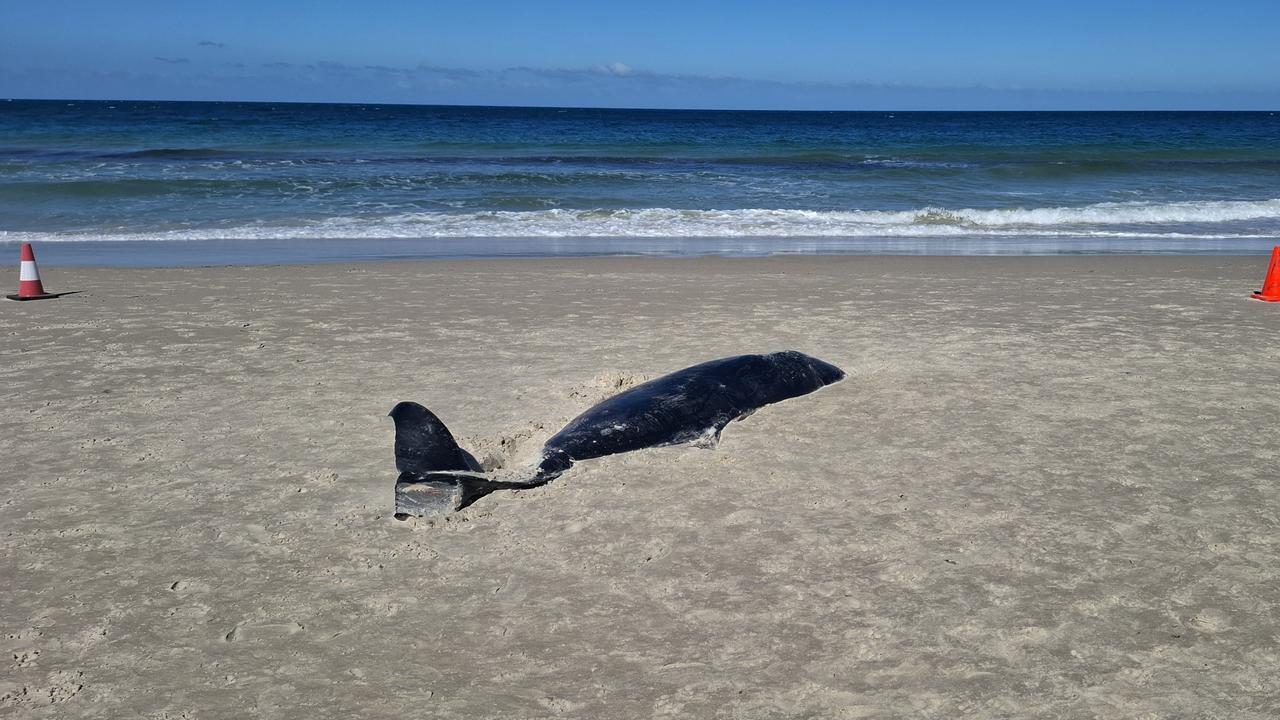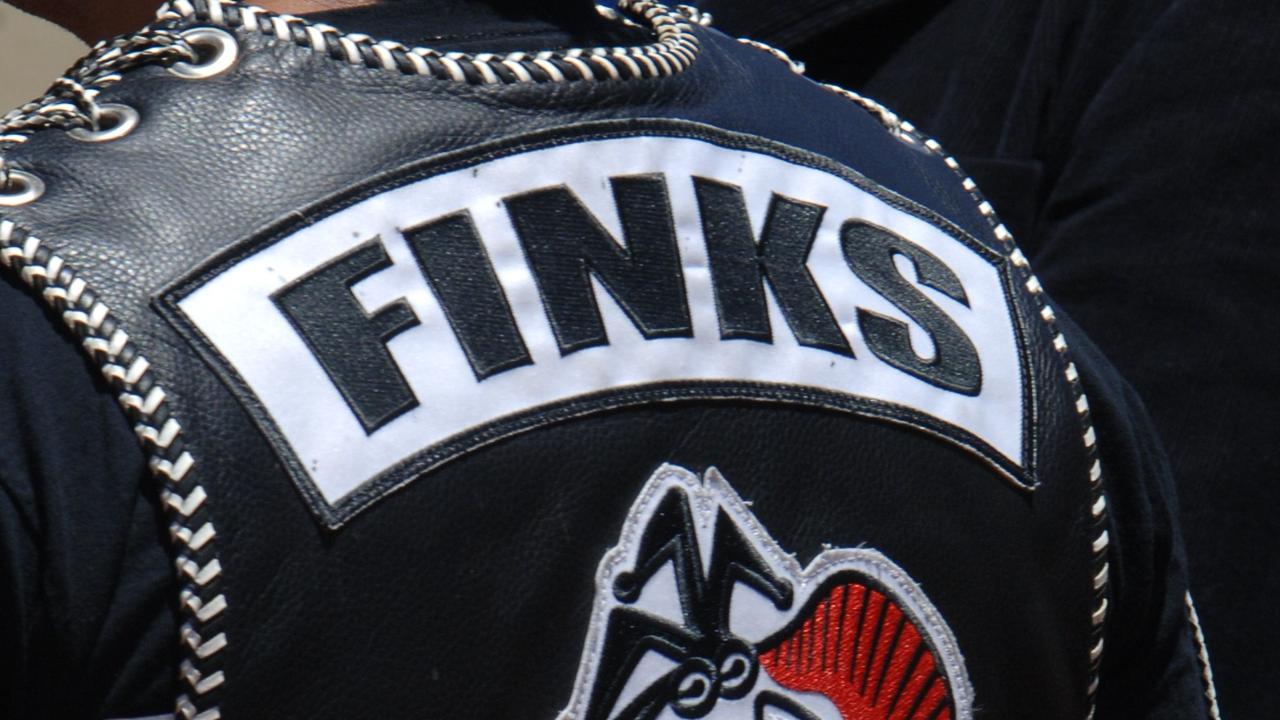The Queen dies: how the Adelaide suburb of Elizabeth became part of the Royal Family’s heart
Elizabeth locals hold a special memory of the Queen after the northern Adelaide suburb was named in her honour.
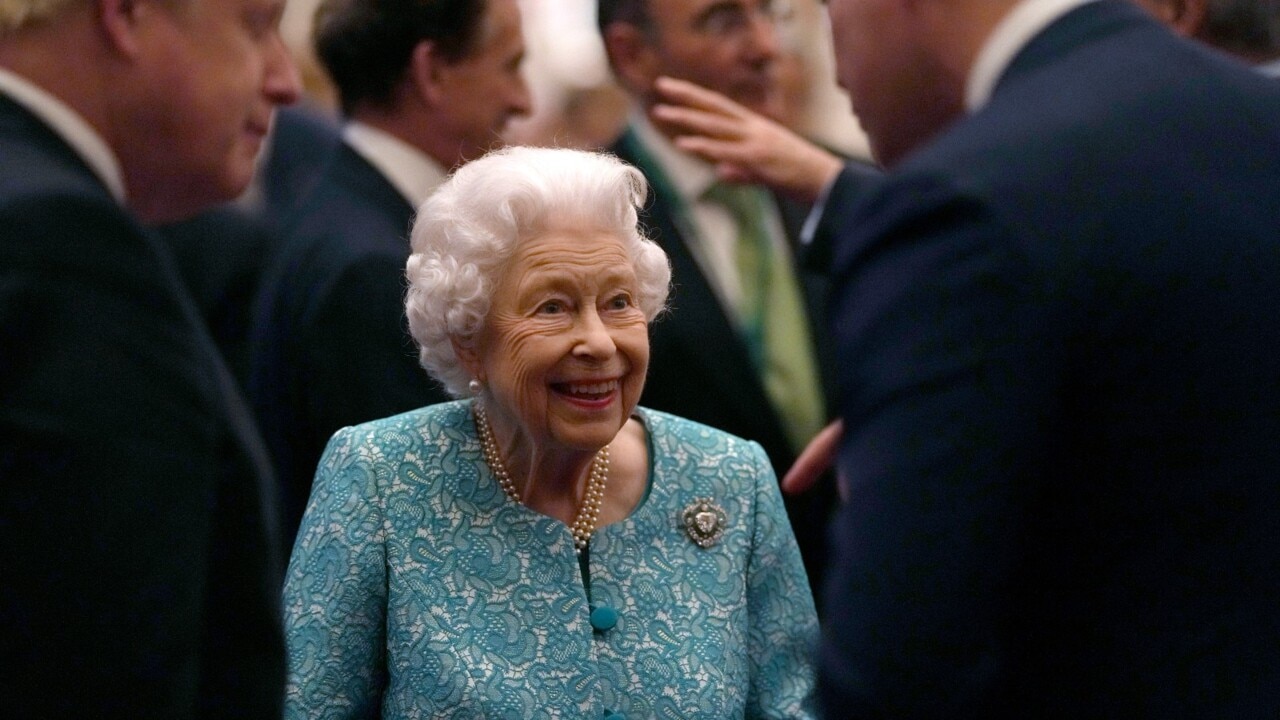
SA News
Don't miss out on the headlines from SA News. Followed categories will be added to My News.
Linda McCartney became emotional as she looked at the royal memorabilia that adorns her dining room of more than 50 years in the northern suburbs that held a special place with The Queen.
The retired Holden plant worker emigrated to Australia as a so-called “£10 Pom” in the New Australia ship from Manchester in 1952, just months after Queen Elizabeth II ascended the throne.
Since then her love for the royal family has endured, including when the Duke and Duchess of Cambridge, Prince William and his wife Kate Middleton, visited Elizabeth in 2014, a suburb named in honour of Her Majesty.
Mrs McCartney, 78, of Salisbury Park, has collected royal crockery, pictures and other items, – especially of the Queen – since 1981 when the new King Charles III married Diana, the late Princess of Wales. She was there when the Queen visited in 1954.
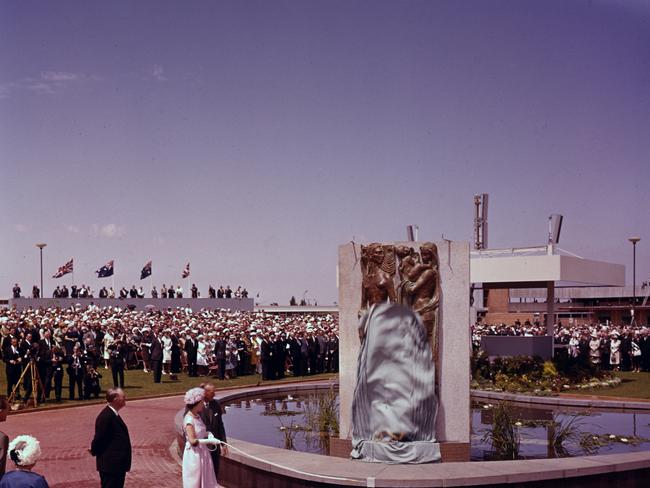
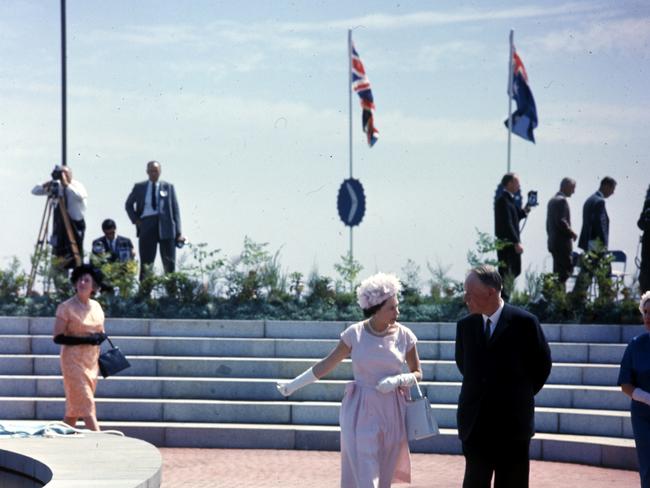
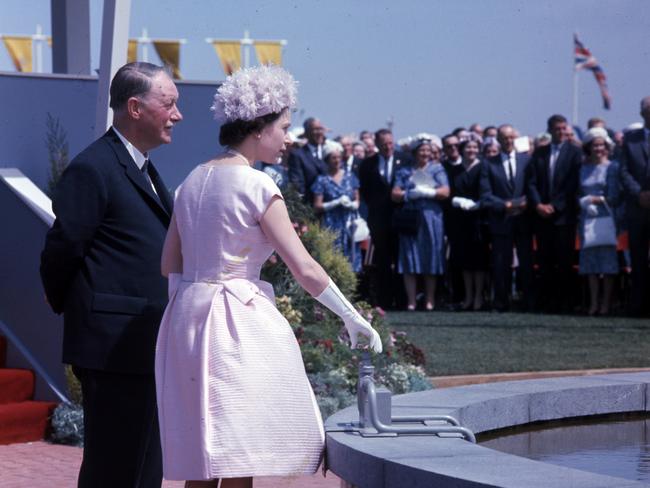
“It’s a shock, she was such a beautiful lady,” she said of the Queen.
“I’ve got nothing but respect for her for doing what she did in that position for 70 years.
“I can’t believe it. She meant a lot to me.”
Mrs McCartney and her husband of 53 years, Maurice, 81, camped out so they could be front row for the 2014 the Cambridge’s visit – the fifth time a royal had toured the area that has strong British ties.
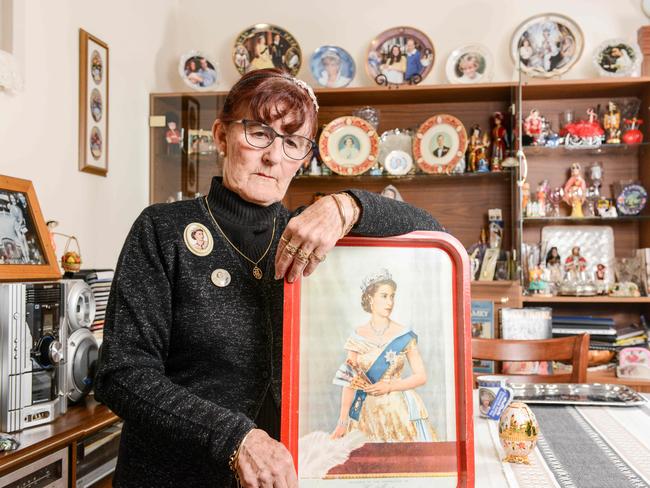
Then Liberal Premier Thomas Playford formally inaugurated the suburb November 16, 1955, after the Queen gave her blessing to have it named after her.
The suburb, where most “£10 Poms settled, is split by Philip Highway, named after her late husband, the Duke of Edinburgh, Prince Philip.
Ms McCartney was among dozens of people who visited Playford Council’s civic centre on Friday, to sign a book of condolence located in the heart of Elizabeth.
The council will now explore a more permanent memorial in the coming months.
Protocol means there are restrictions on use of the word “royal”, which the Governor-General approves.
It is understood there are no restrictions on using her name.
Shock and sadness were common emotions from those who paid their respects at the signing and throughout the nearby Elizabeth Shopping Centre.
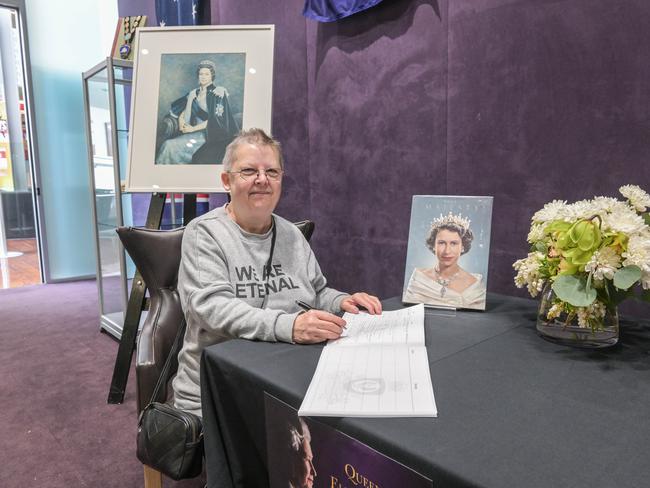
Grandmother of two Josephine Smith, 71, of Salisbury Heights, wept as she signed her note.
“It is very sad, I felt it was what I should do from a community that loved her,” she said.
Carol Oaks, 91, of Blackview, was among the first, resplendent with a Queen-issued St John Ambulance pin for her volunteering including during her NZ tours.
Mrs Oaks, a mother of two, with four grandchildren and three great-grand children, said she felt obliged to pay her small tribute.
“It was my duty to someone who did nothing but serve,” she said.
Baker Renate Henrick, 49, of Salisbury East, became an “instant monarchist” in the 1970s after her mother’s fight to adopt her from Vietnam succeeded after the Queen intervened through the Governor-General.
“I thought she would be around forever,” she said.
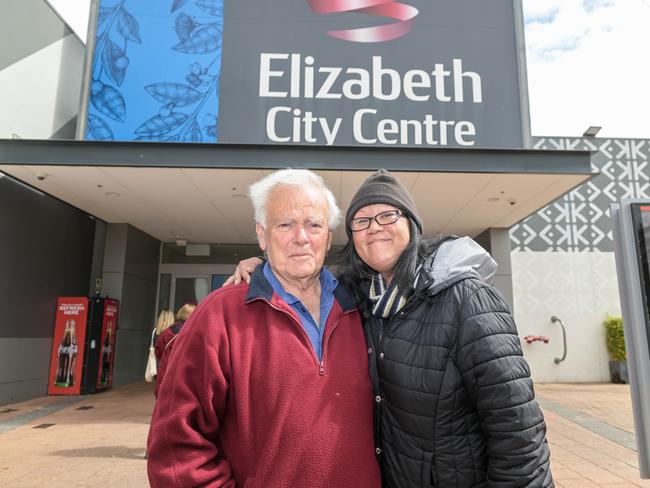
Playford Mayor Glenn Docherty, who hosted the Prince William and the Duchess of Cambridge, as well as Prince Edward during their Adelaide visits, said the local community felt a strong bond with the royals.
“Our community has a strong affinity, admiration and respect for Her (late) Majesty Queen Elizabeth II,” he said.
Originally published as The Queen dies: how the Adelaide suburb of Elizabeth became part of the Royal Family’s heart


